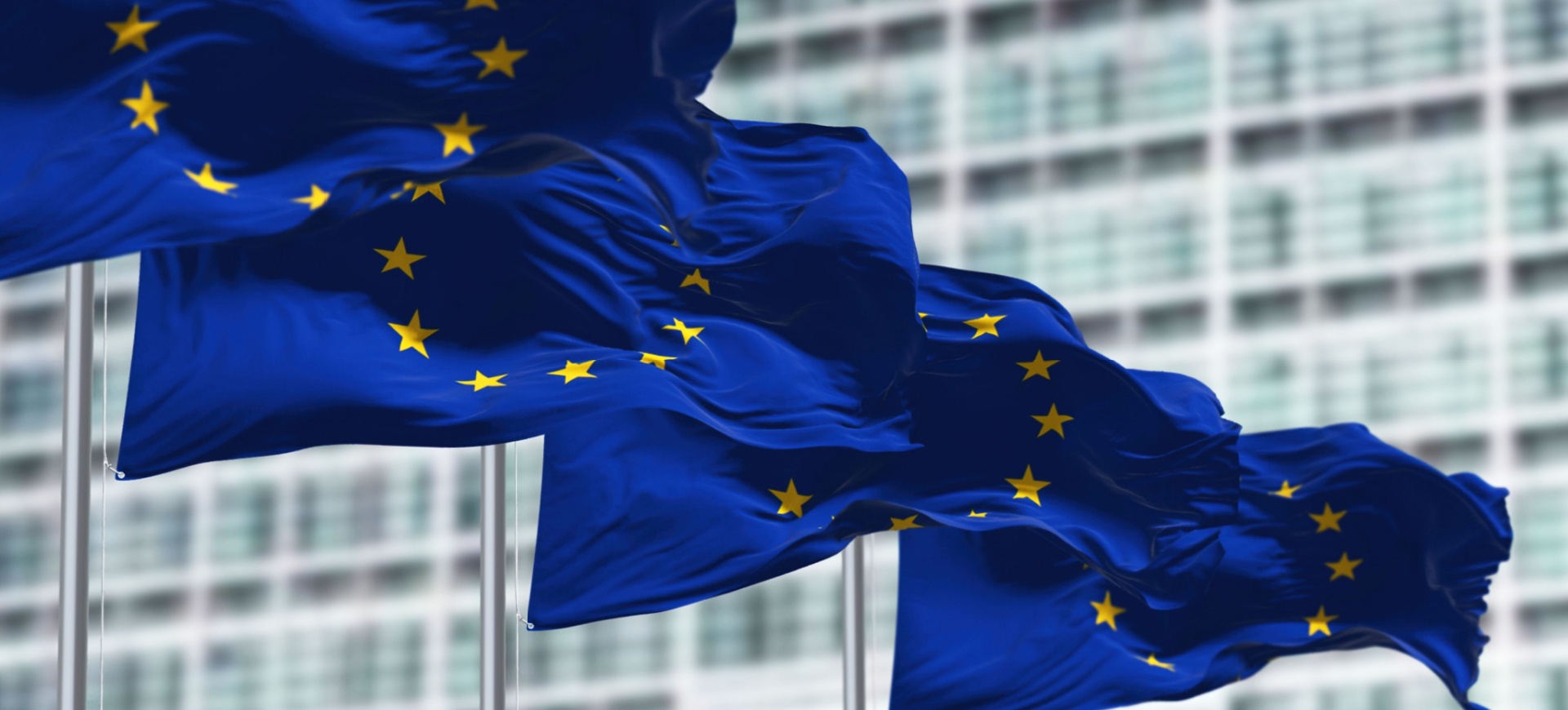Empowering multilateralism for a new generation
Today we are living through a massive paradox. Human beings are capable of the greatest achievements – green technologies that protect our planet, groundbreaking vaccines that save millions of lives and artificial intelligence that is revolutionising every corner of our societies. Yet extreme poverty persists. Universal access to education is far from a reality. And war rages in too many parts of the world.
We can conquer this paradox.
We have the tools to tackle these challenges and overcome these contradictions. One of the most powerful tools is a modernised and reinvigorated multilateral system. Over the years, our global system of governance has fallen victim to creeping paralysis. Our institutions must change with the times or they risk being left in the dust of history.
Global governance reform
It is the duty of this generation to reform our international organisations to reflect the world we want to live in – fairer, more peaceful, more inclusive and more prosperous. These organisations must be at the service of everyone, not just a select few. This will require more cooperation, not less.
Reforming global governance starts by making the world’s financing fairer. Our Bretton Woods system is like an old house – built in another time, for another time. This house has served us well for decades, but now it is time to make this house fit to protect its inhabitants and to meet their needs in a changing world.
More inclusivity
We should start by ensuring fair access to financing for all. To achieve this, multilateral development banks must reform. Their financing capacity is no longer up to the massive task at hand, so we need to ramp up their financial firepower to confront today’s most pressing challenges. As just one example, the financing power of the World Bank, as a proportion of world production, has plummeted more than sevenfold in its 80 years of existence.
The European Union and its member states are also firmly committed to rechannelling the International Monetary Fund’s special drawing rights to developing countries. Together, EU members have pledged $38 billion, representing over one-third of the total pledges. They also support a strong, quota-based and adequately resourced IMF.
We must also come to grips with the problem of debt. Too many countries are drowning in debt. In the past five years, the debt stock of emerging market economies has ballooned from $75 trillion to $105 trillion – from 225% to close to 260% of their gross domestic product. It costs African economies eight times more to borrow than it does the rest of the world. This is simply unfair. Lending a helping hand to countries in need by efficiently implementing the G20 Common Framework for Debt Treatment is the right thing to do. This should also be extended to heavily indebted middle-income countries.
Trade is another area where more global cooperation can help solve problems and generate prosperity. The global marketplace only works if we all play by the same rules. The EU will continue to defend and promote fair global trade which respects the rules of the World Trade Organization. However, the WTO must be reformed and modernised to carry out its work effectively, most importantly on resolving trade disputes.
Protecting global health
There is no better case than Covid-19 for the value of global cooperation. Or for the pitfalls when it is lacking. Covid-19 taught us two vital lessons: no country can defeat a global pandemic alone, and we must be better prepared for the next one. That is why I called for a global pandemic treaty several months after the Covid-19 outbreak. Together with World Health Organization director-general Dr Tedros Adhanom Ghebreyesus, we rallied the support of world leaders, all sharing the same goal: to make sure the world is able to respond effectively to the next global health emergency. I call on the World Health Assembly to conclude this pandemic agreement as soon as possible.
The EU was also at the forefront of making lifesaving vaccines accessible and affordable for all. Together with our African partners, I have strongly supported EU efforts to increase the production of vaccines, medicines and medical equipment on the African continent. Yet this does not exempt developed countries from sharing their vaccines with countries that do not yet have the means to produce their own.
The world has changed dramatically since the birth of many of our international organisations. A key institution of the multilateral system, the UN Security Council must be reformed in order to keep fulfilling its responsibility of maintaining international peace and security. The EU supports comprehensive reform of the UNSC to make it more effective, inclusive, transparent, democratic and accountable, better reflecting today’s realities by strengthening the voice of under-represented regions, especially but not limited to Africa.
Role of the G20
The G20 is uniquely placed to address the challenges of our time. When the largest economies speak with one voice, we have the power to do great things – protect our planet, make the digital lives of our people safer, and fight poverty and inequality. The G20 can help to build a reinvigorated multilateralism that works for everyone with more fairness, more inclusivity, more trust and more mutual respect.












